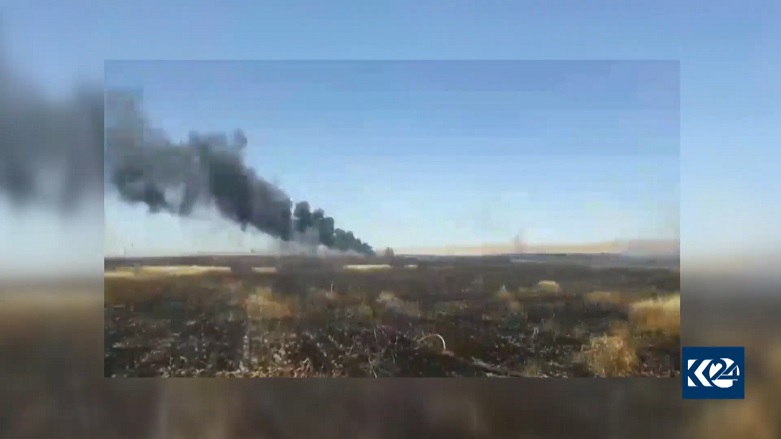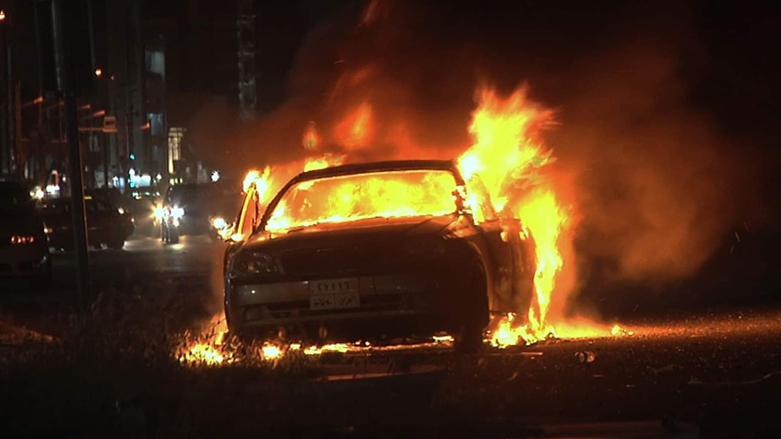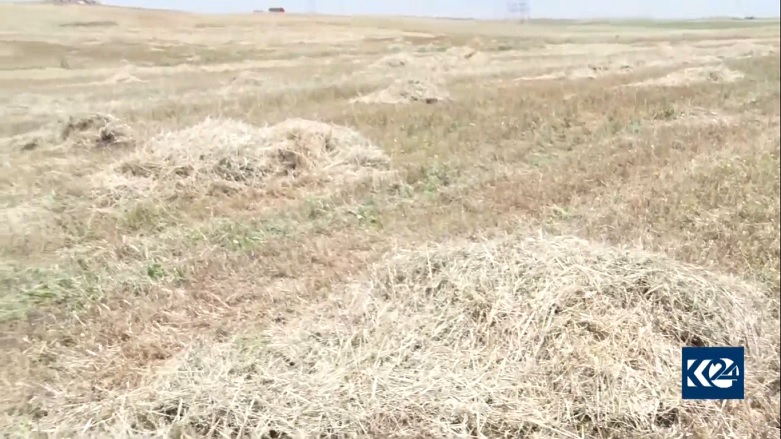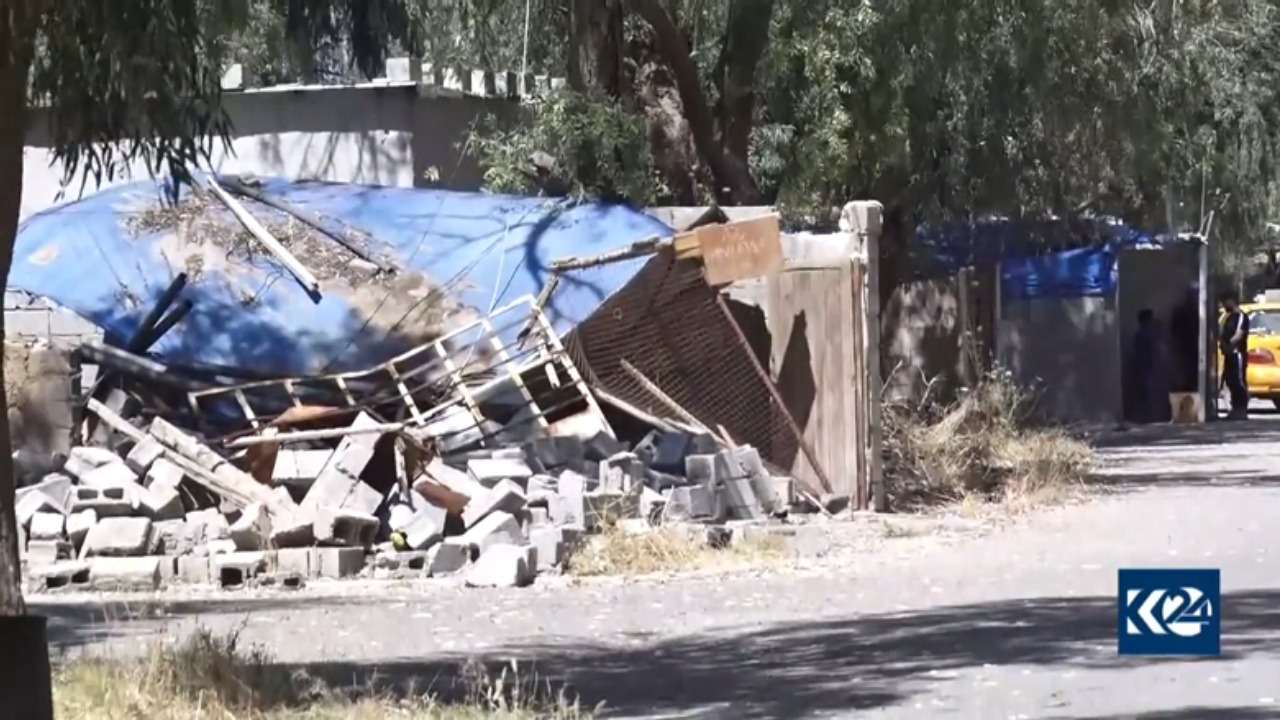Kirkuk aflame: Committee offers plan to restore security to disputed Iraqi province

ERBIL (Kurdistan 24) – Amid an increasingly tense security situation in the disputed Iraqi province of Kirkuk, a legislative committee from the Kurdistan Region proposed a five-step solution it claimed would reduce threats to the area's residents in a statement released on Friday.
Kirkuk is one of multiple territories in the country disputed by the Kurdistan Regional Government (KRG) and the Federal Government of Iraq. Article 140 of the Iraqi Constitution provided for a referendum to be held in the oil-rich and ethnically-diverse province by the end of 2007 to determine its future, but it has yet to be implemented by subsequent Iraqi governments.
In what appeared to have been coordinated bombings in the city, five explosions rocked Kirkuk late Thursday. According to Iraq's Ministry of Health, they resulted in the death of two people and the injury of 38 others, including women and children.
Read More: Multiple explosions rock Kirkuk, leave many casualties
In other incidents occurring early Friday, videos showed crop fields from two villages in the province's northern section ablaze. Those who shot the footage – Kurdish farmers who own the land – alleged that the fire had been started by Arab settlers who claimed that the property had belonged to them.
During the reign of Saddam Hussein, the government forced many Kurds from Kirkuk and resettled ethnic Arabs from other parts of the country there in an aggressive campaign to "Arabize" the province. After the fall of Hussein, many former owners of such pieces of property were allowed to return to the region and resettle their rightful lands.
The stability of the province has been on the decline since 2017 when the Iraqi government deposed the former governor of Kirkuk after Iraqi forces and Iran-backed Hashd al-Shaabi militias attacked Kirkuk, forcing the withdrawal of the Kurdish Peshmerga who had been protecting it for years.
Since then, Kurdish parties have accused the acting governor, Baghdad-installed bureaucrat Rakan Saeed al-Jabouri, of enacting divisive policies that have increased tensions among the peoples of the ethnically diverse province. Kurdish residents have also alleged that the current administration has allowed those with Saddam-era property documents to return to the area and reclaim what is not theirs.
Read more: Kurdish village fears ‘demographic change’ as hundreds come to unlawfully claim land
Ahmed Abdul-Rahman, a member of the Sargarran Sub-district Council, told Kurdistan 24 of his concerns over the actions, or lack thereof, of the governor in response to the events. He charged that the underlying issues of Kirkuk have been exacerbated by Jabouri's policies and suggested the acting governor's ouster as the only solution.
"All the problems stem from the governor. If the governor were a Kurd, we would be facing fewer problems," said Abdul-Rahman. The previous office-holder was then Patriotic Union of Kurdistan (PUK) member Najmaldin Karim, the last to be elected to the post by the provincial council.
The Kurdistan Region's parliamentary committee that deals with disputed territories affairs issued a statement on Friday in which they condemned the ongoing situation as a "new Arabization" campaign, in which Kurds are terrorized into leaving their homes and lands from the region to seek safety to the north in provinces administered by the KRG.
The body suggested that the situation could be rectified with a comprehensive effort to re-enact key elements the security and administrative plan that was in place before October 2017.
The committee's proposal pushed for "the return of Kurdistan's Peshmerga to the previous areas and joint-protection of Kirkuk [Province] with the Iraqi army," arguing the security file of all cities in disputed areas must be handed over to local police and security forces with the goal of "ending militarism" in Kirkuk.
On matters of administration, it demanded that the acting governor be sacked as well as all other officials in provincial departments who were installed by Baghdad following the events of October 2017. The proposal also called for "serious" efforts be made to implement the much-anticipated Article 140 of the Iraqi constitution "for a foundational solution to all the issues of those regions."
Editing by John J. Catherine



